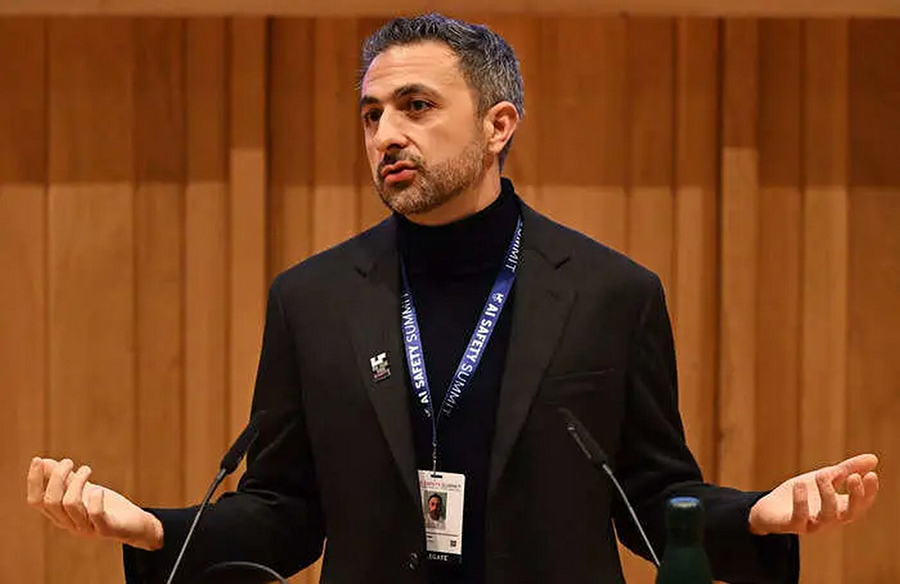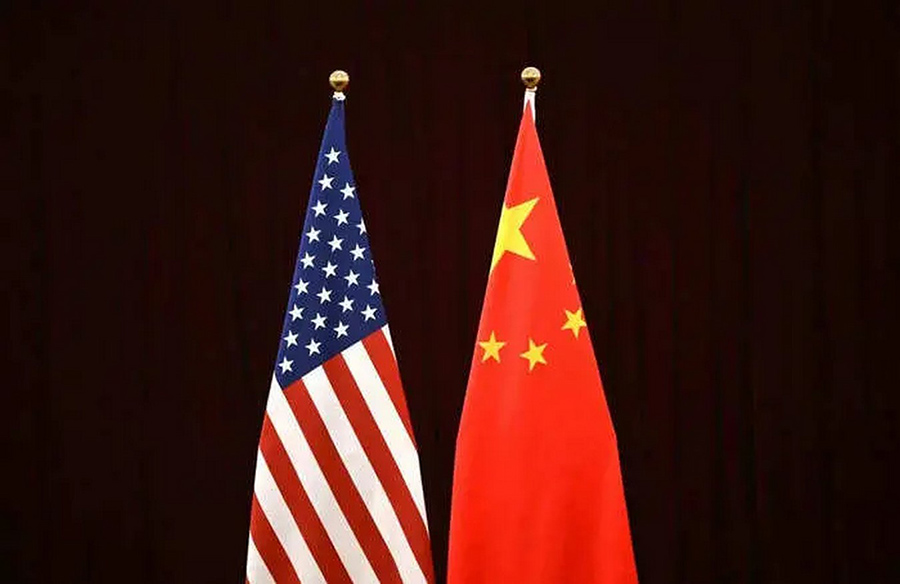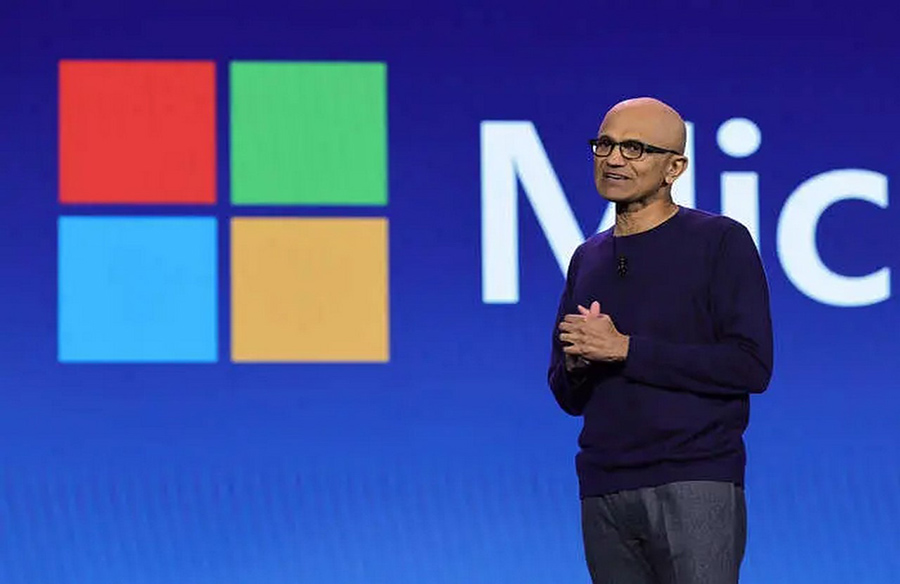Chick-fil-A’s Antibiotic-Free Chicken Policy Shift

Chick-fil-A has made a significant change to its policy regarding the use of antibiotics in its chicken supply chain. After a decade-long commitment to serving only chicken raised without antibiotics, the fast-food chain announced that it would be transitioning away from this pledge, marking a notable shift in its approach to sourcing poultry.
New Antibiotic Standards
The company stated that it would no longer adhere to the “No Antibiotics Ever” (NAE) standard but instead adopt a “No Antibiotics Important To Human Medicine” (NAIHM) policy, effective from the Spring of 2024. Under these revised standards, Chick-fil-A clarified that antibiotics could be used in chicken production, but only under specific circumstances, such as when the health of the chicken or surrounding flock is at risk.
Ensuring Quality and Safety
Chick-fil-A emphasized that any antibiotic treatment administered to chickens would involve medications not intended for human use. Furthermore, the chain affirmed its commitment to complying with FDA regulations, ensuring that all antibiotics are fully cleared from the chicken’s system before it enters the supply chain for consumption.
Balancing Health and Supply Concerns
The decision to revise its antibiotic policy reflects Chick-fil-A’s efforts to balance health and supply chain considerations. The company cited concerns about securing an adequate supply of antibiotic-free chicken, particularly in light of challenges faced by major suppliers like Tyson Foods. Last year, Tyson announced a departure from its own “No Antibiotics Ever” commitment, reintroducing certain antibiotics deemed nonessential to human health.
Impact and Reach
Chick-fil-A’s policy shift will impact its extensive network of restaurants across the United States, Puerto Rico, and Canada. With over 3,000 locations, the company’s decision resonates not only within its domestic market but also among its international ambitions. Chick-fil-A has set sights on expanding into Europe and Asia by 2030, underscoring the global significance of its evolving poultry sourcing practices.
Future Directions
As Chick-fil-A navigates this transition, stakeholders will closely monitor the implications for its brand reputation, supply chain integrity, and customer preferences. While the move away from a strict antibiotic-free policy may raise questions among consumers and advocates, the company remains committed to upholding standards that prioritize both quality and safety in its food offerings.
Conclusion
In reevaluating its approach to antibiotics in chicken production, Chick-fil-A is confronting complex challenges at the intersection of public health, sustainability, and operational logistics. The shift to a more nuanced antibiotic policy reflects the evolving landscape of the fast-food industry, where companies must adapt to changing market dynamics while upholding their core values and commitments to consumers.


 English
English 






























































































































































































































































































































































